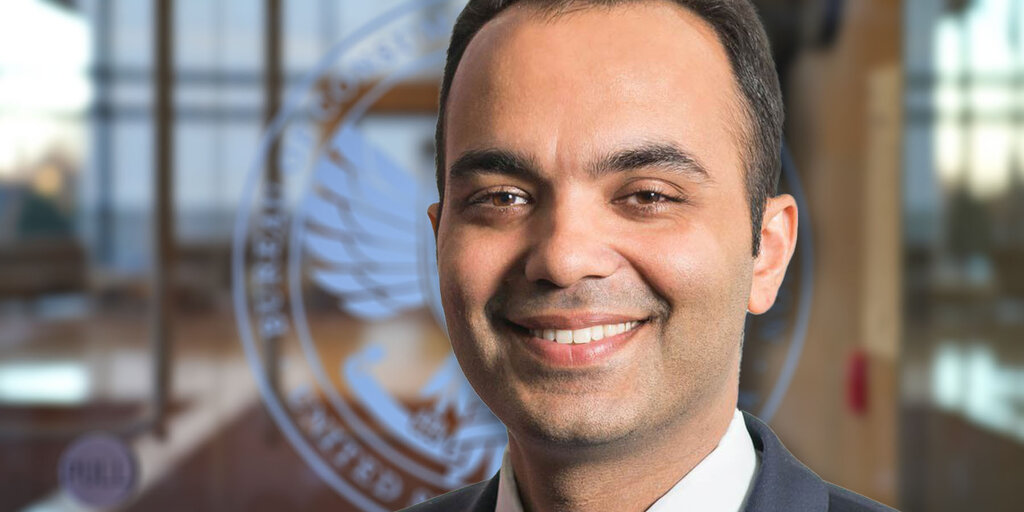
The head of the Consumer Finance Protection Bureau (CFPB), Rohit Chopra, has issued a warning that the United States could end up like China if measures aren’t taken to regulate the collection of Americans’ financial data by large financial firms. Speaking at a panel discussion hosted by the Brookings Institute, Chopra highlighted the need for greater transparency and disclosure from payment companies regarding their use of personal data and private currencies, including digital currencies.
Chopra expressed concern that private companies have amassed unprecedented power over Americans’ financial decisions, leading to a consolidated market structure similar to that in China. He cautioned that such a structure blurs the lines between payments and commerce, paving the way for excessive surveillance and even financial censorship. To prevent this, Chopra argued for new regulations that would establish clear boundaries and oversight of companies operating in the payment sector.
The panel discussion, titled “Making America’s Payment System Work for a Digital Century,” also featured Christopher J. Waller, a member of the Federal Reserve Board. The conversation predominantly revolved around central bank digital currencies (CBDCs), which have faced criticism for their potential to enable surveillance states. Critics argue that CBDCs could give governments and authorities unprecedented access to individuals’ financial data and transactions.
Chopra singled out technology giants like Google and Apple, emphasizing the need for rules to prevent them from blurring the lines between their payment services and the traditional financial sector. He cited examples from China, where companies like Alibaba and WeChat operate separate payment services that gather a significant amount of personal data on users.
To address these concerns, the CFPB is considering a new rule that would allow it to directly supervise non-bank financial platforms providing services to their counterparts in the financial sector. This move aims to limit surveillance opportunities and promote a shift towards open, competitive, and decentralized banking in the United States.
In addition to increasing oversight on payment companies, Chopra stated that the CFPB is prepared to take actions related to digital currencies. He highlighted a report by the U.S. Treasury on stablecoins, which identified risks associated with these tokens, including surveillance and destabilizing runs. To mitigate these risks, the CFPB may require tech firms to disclose more information about their business models and implement new examinations by the agency.
The CFPB plays a crucial role in implementing and enforcing federal consumer financial law. It ensures fairness, transparency, and competitiveness in markets for consumer financial products. The independent bureau was created following the 2008 financial crisis and subsequent recession, consolidating oversight that was previously managed by multiple agencies.
In conclusion, Chopra’s warning about the potential consolidation of the financial market structure and the collection of Americans’ financial data by large firms echoes concerns about the concentration of power and the risks associated with excessive surveillance. The call for greater transparency, regulation, and protection of personal data reflects the growing need to strike a balance between innovation and consumer privacy in an increasingly digital and interconnected world.






